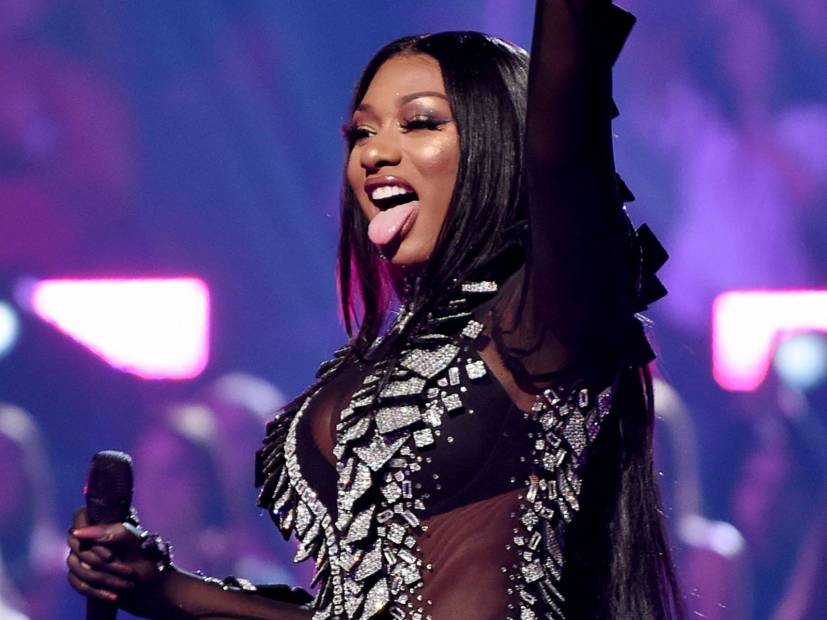‘Separating the Art from the Artist’ Is Just Another Way to Continue Supporting Abusers
October 28, 2020
On July 12, 2020, rapper Tory Lanez shot fellow rapper Megan Thee Stallion multiple times in her feet. She underwent surgery to remove the bullets, and before even leaving the operating room, she began receiving backlash to her story online — everything from accusing her of lying about the incident to making jokes at her expense.
In August, Stallion went on Instagram live to talk about the incident and named Lanez as the shooter for the first time. Lanez unequivocally denied allegations through an album drop on Sept. 24, claiming Stallion was trying to “frame” him. Despite some efforts to de-platform him — including singers JoJo and Kehlani dropping his features — “Daystar” debuted at number 10 on the Billboard charts, and number one on Apple Music in the U.S. Lanez never offered an apology.
Unfortunately, Lanez isn’t alone — Michael Jackson, Chris Brown, XXXTentacion and more have all faced credible allegations of assault and continue to top charts. Why? It’s a phrase you’ve probably heard before — “separating the art from the artist.”
In many cases, fans continue to listen to their music, not in spite of the abuse, assault or other bad acts, but because they don’t believe the accusations to be true. However, there is also a swath of folks who subscribe to the line of thinking that musicians — and all artists — should be seen as separate from the art they create. The idea is you can listen to Lanez’s new album simply because you enjoy his music and not necessarily because you support him or his actions.
However, I just don’t think that’s possible. During the unfolding of the violence against Stallion, I often thought back to one of my favorite Watsky lyrics, “Mike says you got to separate the person from the art / But if the arts about that person, you can’t pull them apart.”
It’s a perfect illustration of Lanez’s new album, where he asserted himself as the victim, rapping songs that explicitly blamed Stallion for the situation — there can be no separation in this circumstance between art and artist.
But even on Chris Brown’s albums — which aren’t necessarily about Rihanna or his domestic violence charges — the person who committed acts of violence against their partner, is still the person singing and selling you T-shirts. His charting features don’t change the impact on his victim or excuse him from behavior that — hopefully — wouldn’t be accepted by someone in our own circles.
The voice on the track is connected to the artist. The artist wrote the music, recorded it or produced it. They’re in the album, in the feature, in that art — whether or not they’re singing about themselves.
And after all, a stream, album purchase or merch order funds an artist’s work and grows their influence in their industry — whether they be an abuser or just make a stupid decision — like wearing a see-through mask during a pandemic. Who you choose to listen to, watch or read is important. Fans fund their projects, boost their platforms higher and validate their decisions. It’s hypocritical — and damaging to victims — to stream paychecks into Lanez’s pockets, and then put Megan Thee Stallion’s new track on the same playlist.
Ultimately, it’s all about accountability, both from the artist and their fans. People will make mistakes — they’re going to say things they don’t mean and do things they regret. That doesn’t mean that what they say or do didn’t happen, but an apology and change of behavior is what matters. To me, there is no song worth streaming, movie watching or book worth reading if it funds the actions of another abuser.









Rori Douros • Nov 3, 2020 at 12:44 pm
Really good point. I feel the same way about someone saying they are voting for the values of the politician and not the politician themselves. What?
If the politician isn’t his/her values..what are they?